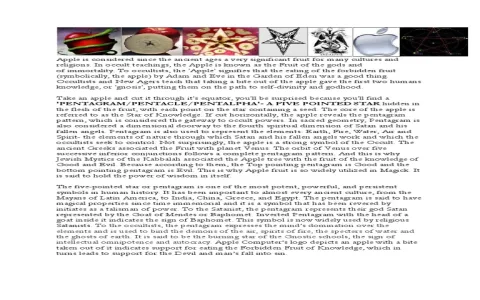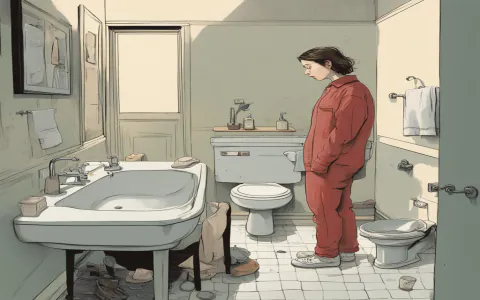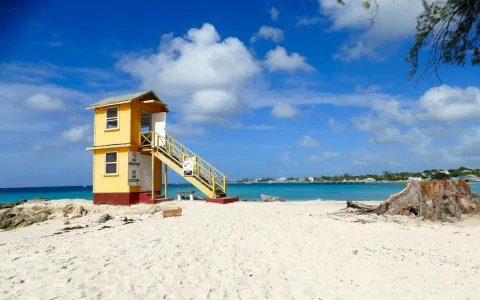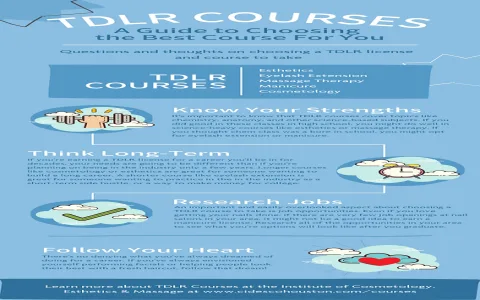Man, I’m going to tell you something straight up. I’ve been running this little corner of the internet for a while now, right? And I swear, if I see one more desperate post asking, “What does dreaming about the beach mean?” I’m going to lose it. It’s the most common question I get slammed with, week in and week out. It’s like the universe decided the beach is the only thing we should all be worrying about.
I noticed this overwhelming pattern about six months ago. People weren’t asking about flying, or teeth falling out, or even winning the lottery. It was always the beach. Was it peaceful? Was the tide scary? Were they alone? The flood of comments and DMs was ridiculous. I realized right then that I had to stop just typing out quick, repetitive answers and actually develop a system for this. I needed to build a solid breakdown so folks could just look it up and move on with their lives.
The Messy Start: Pulling Apart the Anecdotes
I started the whole project by diving deep into the trenches of old forum discussions and my own saved emails. I pulled up every single piece of data I had on beach dreams over the last two years. This wasn’t professional research, mind you; this was grunt work. I read hundreds of personal accounts, trying to ignore the obvious psychology book definitions and focus purely on the feeling attached to the dream. Was the dreamer stressed? Were they happy? Did they wake up panicked or calm?
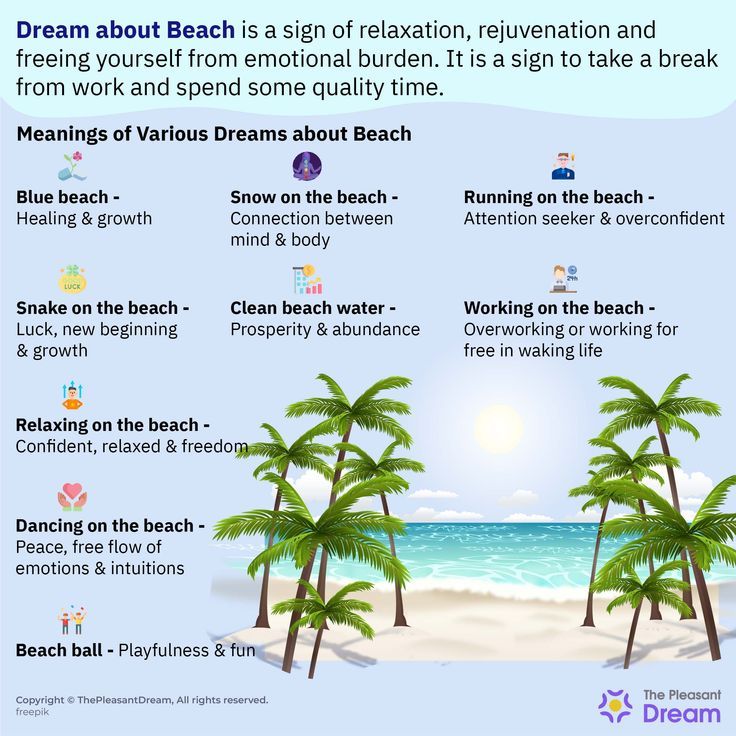
I created a giant, ugly spreadsheet—the kind you wouldn’t show your boss—and began to color-code everything. It was a nightmare. One person described running; another described building a sandcastle; another described watching a storm roll in. The imagery was all over the map, but the underlying anxiety or contentment was surprisingly consistent. I wrestled with this data for about three weeks straight, just trying to find the seams where the stories split.
I kept running into walls because most dream explanations are too fluffy. They say, “The beach means transition.” Okay, sure, but what kind of transition? I pushed through the fluff and focused on isolating the variables. The tide, the activity, the cleanliness of the water—those were the operational keys.
Defining the Four Core Types
The breakthrough happened late one night when I was mapping out the concept of control. I realized the hundreds of stories could be reliably categorized into four baskets, based almost entirely on how much control the dreamer felt over the environment. I named these types simply, based on the primary emotion they evoked, so anyone could instantly figure out where they stood.
I set up the initial framework and then tested it against fifty random new accounts I found online. Did the four categories hold up? Absolutely. They covered about 95% of the complaints I had accumulated.
Here’s how I broke them down:
- The Relaxed Retreat Dream: I assigned this one to dreams where the water was clear, the sun was shining, and the dreamer was generally passive—just sitting or strolling. This screamed burnout. You are desperate for a break, physically.
- The Uncontrollable Tide Dream: This is where the water is choppy, maybe dirty, or the tide is aggressively rushing in or out. I labeled this a massive life change stressor. The water (emotion) is moving faster than you can handle. I linked this firmly to job changes, relationships ending, or big financial moves.
- The Empty Beach Dream: No people, maybe fog, feeling isolated. I pegged this immediately as a vulnerability or loneliness issue. You feel like you’re searching for someone or something important but coming up empty.
- The Active/Dangerous Beach Dream: This is where you are running, fighting a wave, or losing something precious in the sand. I determined this represents an ongoing, active struggle. You are wrestling with a decision you know you have to make, but you’re resisting the effort.
The Final Implementation and Posting
Once I had those four defined, the rest was easy. I just sat down and typed out the quick explanations, making sure to use plain English. No fancy terms. I made sure to connect the dream directly to an actionable step—like, “If you had Type 1, you need to book a weekend off, period.”
The whole process pulled me away from my other projects for a solid month, but it was necessary. I uploaded the whole breakdown this morning. Now, instead of wasting time typing the same reply again and again, I can just point people to the definitive post and finally get back to organizing the next big topic—that surprisingly frequent dream about forgetting how to drive. Seriously, what is up with that one?
I feel like a huge weight has been lifted. If this helps even five people stop panicking about seeing a sailboat in their sleep, then all the tedious reading and color-coding was totally worth it.
